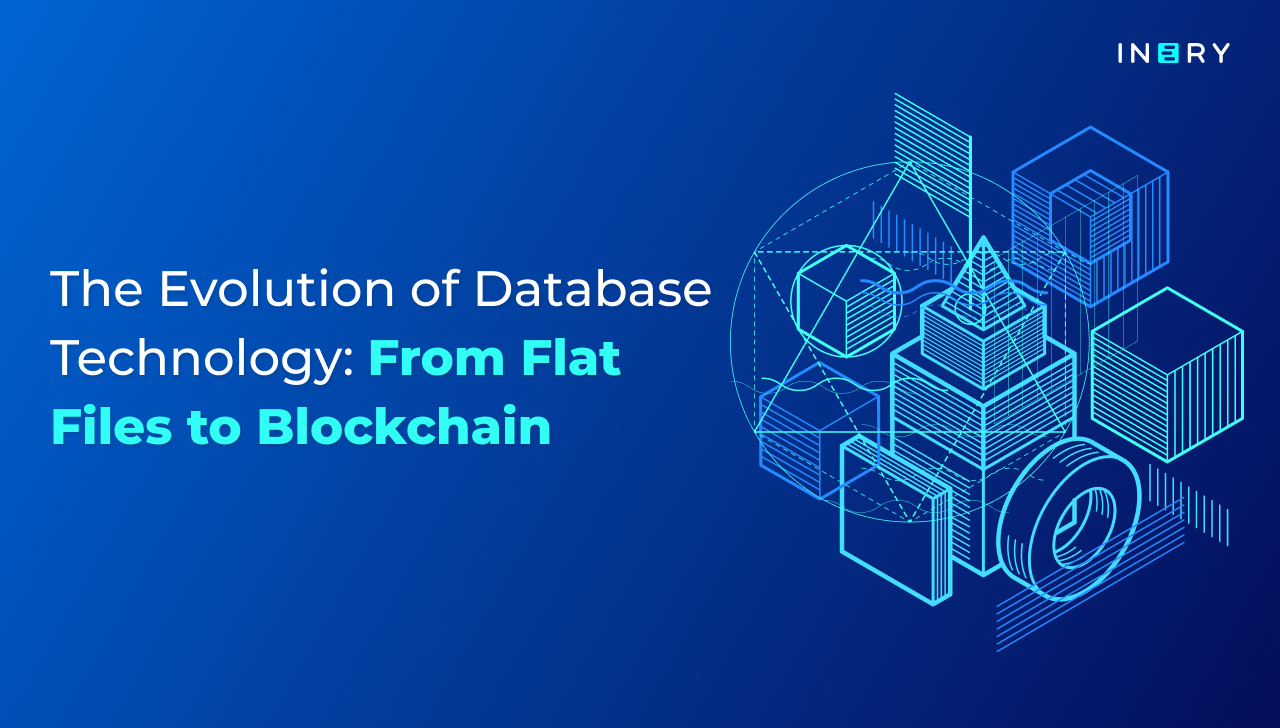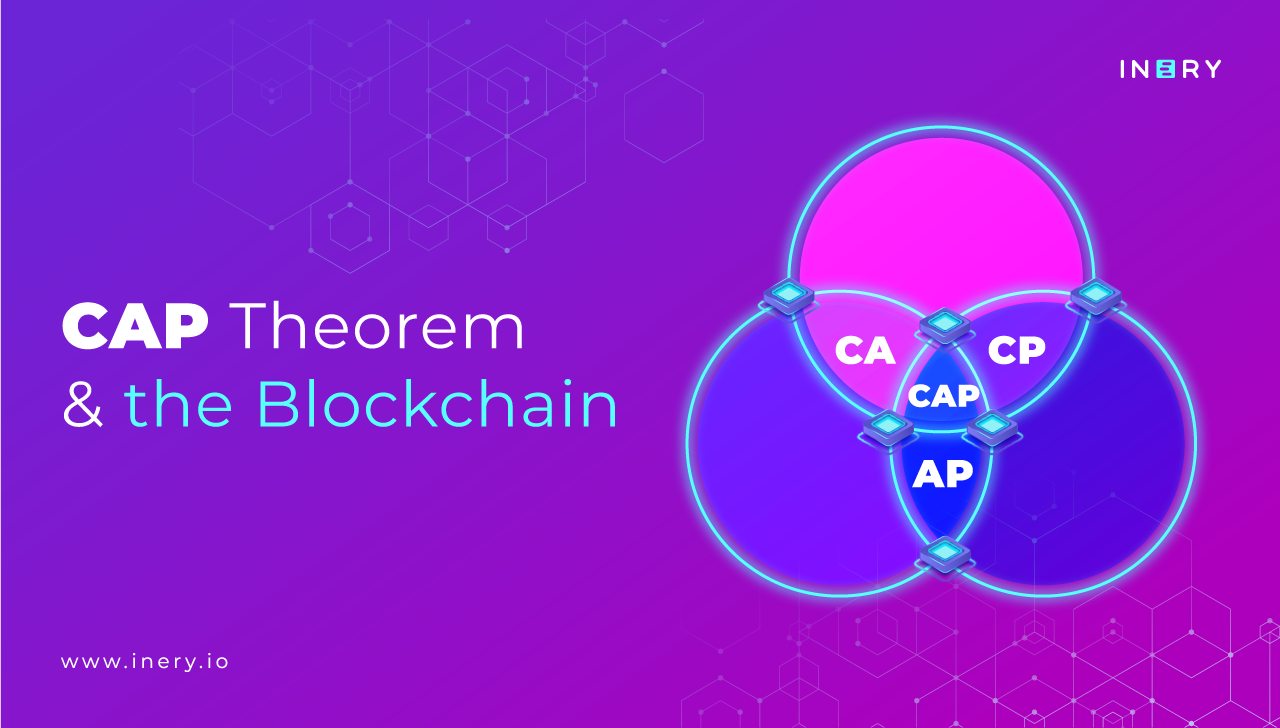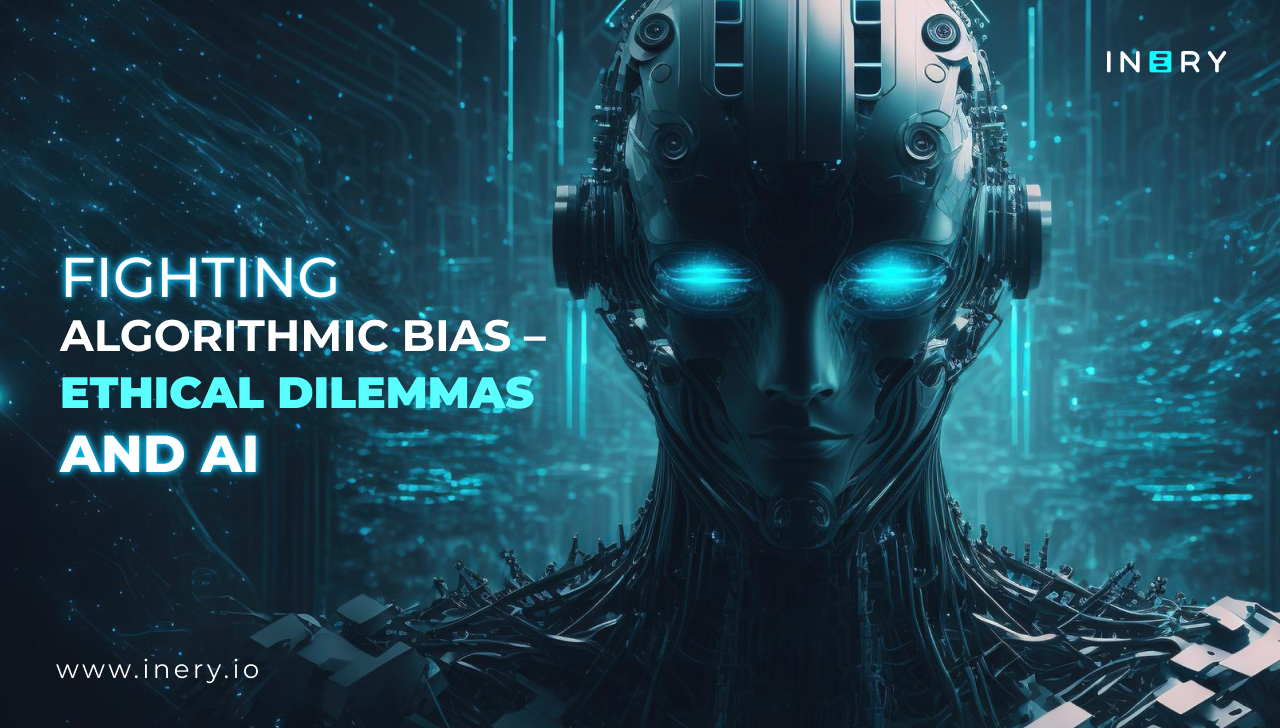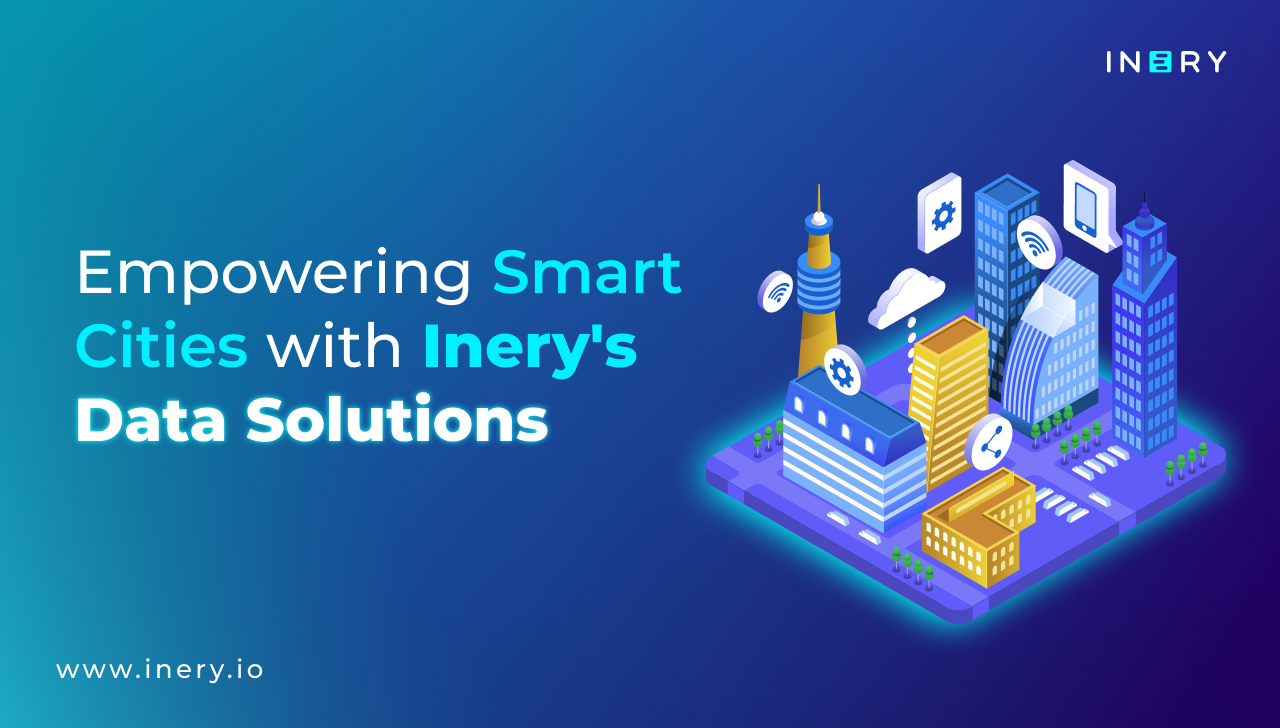In an era marked by the rapid and transformative advancement of Artificial Intelligence (AI), the very fabric of our society is undergoing a fundamental reconfiguration. This sweeping wave of innovation has permeated diverse aspects of our daily lives, fundamentally altering the way we work, communicate, and interact with the world around us.
Yet, as we stand at the precipice of this technological revolution, it is incumbent upon us to critically examine the ethical dimensions inherent in the development and deployment of AI.
The intricate tapestry of AI, with its profound impacts on societal structures, underscores the need for a nuanced exploration of the ethical implications that arise when navigating this uncharted territory—territory shaped by the ingenuity of human hands, fallible yet steering the course of revolutionary change.
The AI Issue
One big challenge in AI isn't about robots stealing jobs, but it's the issue of unfairness in how computer programs make decisions. This occurs when algorithms yield results that either favor or disadvantage specific groups based on characteristics such as race, gender, religion, or other protected attributes. The unintended consequences of algorithmic bias can be profound and pervasive, permeating various sectors of society.
Consider, for instance, an algorithm used in hiring decisions that inadvertently discriminates against women or minorities. This could result in qualified candidates being unjustly denied employment opportunities solely due to their gender or ethnicity. Similarly, an algorithm employed in predicting recidivism rates within the criminal justice system may exhibit bias against certain demographics, leading to unjust sentencing and incarceration.
The ethical quandaries stemming from algorithmic bias raise questions about fairness and transparency in AI applications. How can we guarantee that AI is employed impartially, irrespective of an individual's background? Additionally, how can we enhance transparency in AI systems, ensuring a comprehensive understanding of their decision-making processes?
How Do We Address These Issues?
Addressing algorithmic bias requires multifaceted solutions. A crucial step is the utilization of diverse and representative datasets for training algorithms. This necessitates ensuring that the data used is reflective of the entire spectrum of real-world diversity rather than being confined to narrow perspectives. Regular auditing of algorithms for bias and implementing corrective measures based on the audit findings is another essential step in the right direction.
Beyond technical remedies, social and policy changes are instrumental in tackling algorithmic bias. Governments, for instance, can enact legislation prohibiting the use of biased algorithms in specific applications like hiring or criminal justice. Civil society organizations play a vital role in advocating for awareness of algorithmic bias and promoting ethical AI practices.
Expanding on the ethical dilemmas associated with AI, it becomes apparent that AI has the potential to perpetuate existing inequalities, amplifying issues like racism and sexism. The technology also poses risks to privacy and autonomy, as it can be wielded to intrude into individuals' personal lives.
Additionally, the manipulative capabilities of AI raise concerns about influencing human behavior.
Empowering AI Innovation: IneryDBAI
IneryDB doesn't just support Artificial Intelligence; it revolutionizes the AI landscape with IneryDBAI, a cutting-edge module dedicated to executing deep learning and machine learning models while managing their data. The need for advanced AI databases becomes crucial as the global AI market propels toward a predicted value of USD 309.6 billion by 2026.
IneryDBAI emerges as a solution, integrating artificial intelligence technologies to offer value-added services, and optimizing compute and database resources. This module is not just a technological advancement; it's a commitment to ethical AI practices.
IneryDBAI plays a pivotal role in the realm of AI databases, facilitating the creation of superior machine-learning and deep-learning models with faster and more efficient training. Beyond its technical capabilities, IneryDBAI addresses the ethical dimensions of AI by ensuring transparency, fairness, and user control. With functionalities such as predicting memory requirements based on past experience and real-time storage filling rates, IneryDBAI empowers users to make informed decisions.
By supporting large-scale data processing, machine learning initiatives, and providing a platform for hosting and managing data science models, IneryDBAI stands as a beacon of responsible AI integration. IneryDBAI contributes not only to the technological landscape but also to the ethical fabric of AI, steering us toward a future where innovation aligns with inclusivity and fairness.
Conclusion
In conclusion, understanding and addressing the risks associated with AI is crucial. To fully leverage the advantages of AI while managing its ethical challenges, it is essential to approach its development and use with a commitment to upholding human rights and values. Inery, with its vision of a user-centric and empowering Web3, actively contributes to this ethos.
The shared responsibility to combat algorithmic bias calls for collective efforts, ensuring that AI is a force for the greater good, benefiting all rather than a privileged few. As we navigate the complex terrain of AI development, maintaining a neutral yet cautious perspective becomes imperative for fostering an ethical and inclusive future.

Inery•
2 months ago
The Evolution of Database Technology: From Flat Files to Blockchain
Uncover the advancements in database technology and how Inery's blockchain database provides a secure, transparent, and resilient alternative to traditional systems. ...READ MORE

Share

Inery•
8 months ago
Overview of the CAP Theorem and the Blockchain
Something is missing in the interplay between the CAP theorem and the blockchain. Where does CAP fall apart? Click here to find out. ...READ MORE

Share

Inery•
11 months ago
SQL Vs NoSQL: When to Use One Over the Other
SQL and NoSQL have different recommended use cases. Click here to learn which one is more useful to you. ...READ MORE
-1691048052.png)
Share

Inery•
1 year ago
How To Trade INR On Huobi?
A step by step explanation of how to trade Inery (INR) on Huobi Exchange ...READ MORE

Share
Most popular today



